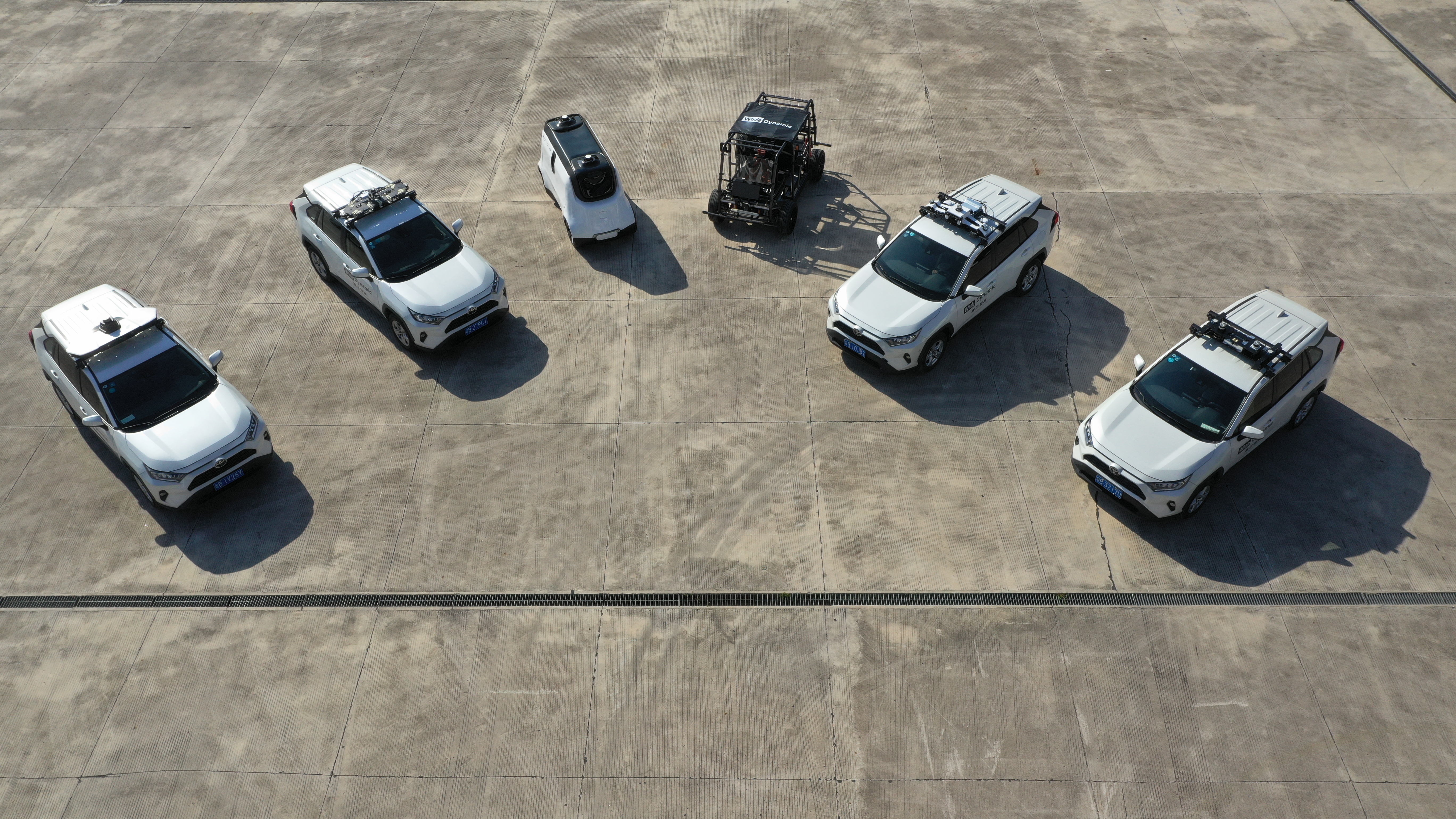
A nascent Nuro challenger from China has its sight set on the delivery market in the US and has just raised some seed funding to advance its ambitions.
Whale Dynamic, a Shenzhen-based autonomous delivery startup founded by Baidu veteran David Chang, says it has closed a seed round of about $2.5 million. Qianchuang Capital, a Beijing-based investment firm managed by veterans from China’s leading financial institutions, led the round, with participation from Shangbang Huizhong, a Chinese fund backed by real estate developers.
Founded in 2018, Whale Dynamic is developing Nuro-like driverless delivery vans that are meant to do away with the steering wheel and driver’s seat. And like Nuro, whose delivery bots are made by BYD, it contracts a Chinese manufacturer to produce its self-driving vehicles, the name of which cannot be revealed yet as the deal has not been finalized.
Whale Dynamic’s slight edge over Nuro lies in costs, surmises Chang, who worked as a product manager in Baidu’s intelligent driving group. Nuro assembles parts in the US while the complete production of Whale Dynamic’s vehicles, from manufacturing to assembling, happens in China, which gives it a price advantage over its American counterpart. Its vehicles are priced at around $20,000 each.
The latest financial injection will enable Whale Dynamic to expand its current team of 30 employees and explore product use cases in China and the US. Led by director of engineering Qi Wei who hailed from Huawei, the company aims to have its first prototype car testing in some Chinese cities in May.
In China, Whale Dynamic faces competition from retail tech giants like Meituan and JD.com, which started testing their own goods-only delivery vehicles last year. Chang believes that his company’s technology, which takes the slower and more costly route of conducting R&D and testing on passenger cars rather than building the boxes-on-wheels directly, can better stand the test of time.
Whale Dynamic’s testing fleet using passenger cars
Chang eventually wants to base his firm in the US and target express delivery services and supermarkets there. “You can test things much more quickly at lower costs in China,” Chang explains why he started out in China.
As regulators from China and the US increase scrutiny over tech companies for potential national security risks, businesses that straddle the two countries will have to heed greater regulations or pick sides. TuSimple, a California-based autonomous trucking company backed by an affiliate of Chinese social media giant Sina, is looking to sell its China unit, Reuters reported.
Most of TuSimple’s vehicles operate in the US with a smaller fleet running in China. But US regulators have voiced concerns over the firm’s Chinese background and its China office’s access to data, which reportedly led to TuSimple’s decision to offload its China unit.
Security compliance is a priority at Whale Dynamic, says Chang. When it enters the US market, the startup will opt for US cloud services like AWS and Google Cloud; its China team will take care of hardware development only. The company’s key suppliers are also American — Ouster for lidar (and Israel-based Innoviz which has offices in the US), and Nvidia and Intel for chips. Unlike Nuro, which operates its own fleets, Whale Dynamic plans to only offer ready-to-use vehicles and software-as-a-service, leaving the operational part to its clients, which should limit the amount of sensitive data the startup can glean.
Read the original article @ TechCrunch




